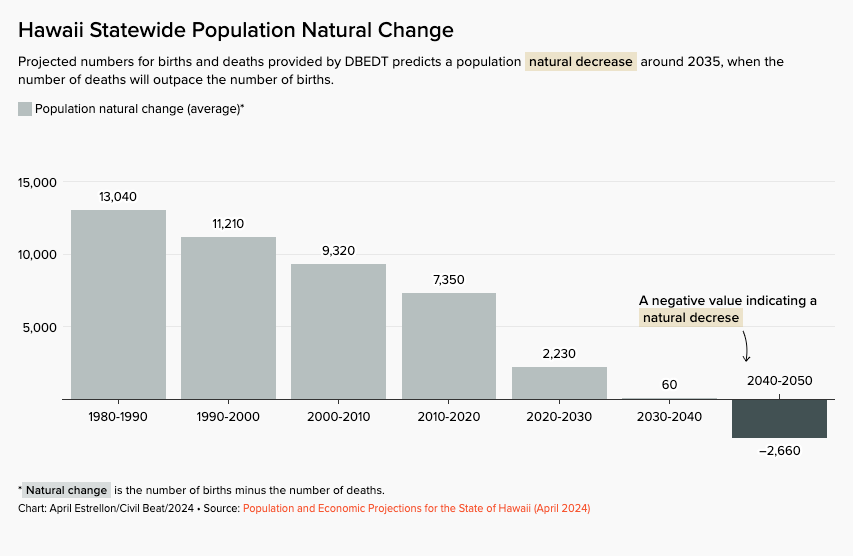We are living through weird times, and they've persisted for so long that you probably don't even notice it. But these times are
.
ways in which the world is weird and bad, I want to focus on one specific and pervasive and awful way in which this world is
, in part because this abnormality has a defined cause, a precise start date, and an obvious, actionable remedy.
6 years, 5 months and 22 days after Fox aired "Bart's Friend Falls in Love," Bill Clinton signed a new bill into law: the Digital Millennium Copyright Act of 1998 (DMCA).
Under Section 1201 of the DMCA, it's a felony to
modify your own property in ways that the manufacturer disapproves of, even if your modifications accomplish some totally innocuous, legal, and socially beneficial goal. Not a little felony, either: DMCA 1201 provides for a five year sentence and a $500,000 fine
for a first offense.
Back when the DMCA was being debated, its proponents insisted that their critics were overreacting. They pointed to the legal barriers to invoking DMCA 1201, and insisted that these new restrictions would only apply to a few marginal products in narrow ways that the average person would never even notice.
But that was obvious nonsense, obvious even in 1998, and far more obvious today, more than a quarter-century on. In order for a manufacturer to criminalize modifications to your own property, they have to satisfy two criteria: first, they must sell you a device with a computer in it; and second, they must design that computer with an "access control" that you have to work around in order to make a modification.
For example, say your toaster requires that you scan your bread before it will toast it, to make sure that you're only using a special, expensive kind of bread that kicks back a royalty to the manufacturer. If the embedded computer that does the scanning ships from the factory with a program that is supposed to prevent you from turning off the scanning step, then it is a felony to modify your toaster to work with "
unauthorized bread":
If this sounds outlandish, then a) You definitely didn't walk the floor at CES last week, where there were a zillion "cooking robots" that required proprietary feedstock; and b) You haven't really thought hard about your iPhone (which will not allow you to install software of your
choosing):
But back in 1998, computers – even the kind of low-powered computers that you'd embed in an appliance – were expensive and relatively rare. No longer! Today, manufacturers source powerful "System on a Chip" (SoC) processors at prices ranging from $0.25 to $8. These are full-fledged computers, easily capable of running an "access control" that satisfies DMCA 1201.
Likewise, in 1998, "access controls" (also called "DRM," "technical protection measures," etc) were a rarity in the field. That was because computer scientists broadly viewed these measures as useless. A determined adversary could always find a way around an access control, and they could package up that break as a software tool and costlessly, instantaneously distribute it over the internet to everyone in the world who wanted to do something that an access control impeded. Access controls were a stupid waste of engineering resources and a source of needless
complexity and brittleness:
But – as critics pointed out in 1998 – chips were
obviously going to get
much cheaper, and if the US Congress made it a felony to bypass an access control, then
every kind of manufacturer would be tempted to add some cheap SoCs to their products so they could add access controls and thereby felonize any uses of their products that cut into their profits. Basically, the DMCA offered manufacturers a bargain: add a dollar or two to the bill of materials for your product, and in return, the US government will
imprison any competitors who offer your customers a "complementary good" that improves on it.
It's even worse than this: another thing that was obvious in 1998 was that once a manufacturer added a chip to a device, they would probably also figure out a way to connect it to the internet. Once that device is connected to the internet, the manufacturer can push software updates to it at will, which will be installed without user intervention. What's more, by using an access control in connection with that over-the-air update mechanism, the manufacturer can make it a felony to block its updates.
Which means that a manufacturer can sell you a device and then
mandatorily update it at a later date to take away its functionality, and then sell that functionality back to you as a "
subscription":
A thing that keeps
happening:
And
happening:
And
happening:
In fact, it
happens so often I've coined a term for it, "The Darth Vader MBA" (as in, "I'm altering the deal. Pray I don't alter it any further"):
Here's what this all means: any manufacturer who devotes a small amount of engineering work and incurs a small hardware expense can extinguish
private property rights altogether.
What do I mean by private property? Well, we can look to Blackstone's 1753 treatise:
The right of property; or that sole and despotic dominion which one man claims and exercises over the external things of the world, in total exclusion of the right of any other individual in the universe.
You can't own your iPhone. If you take your iPhone to Apple and they tell you that it is beyond repair, you have to throw it away. If the repair your phone needs involves "parts pairing" (where a new part won't be recognized until an Apple technician "initializes" it through a DMCA-protected access control), then it's a felony to get that phone fixed somewhere else. If Apple tells you your phone is no longer supported because they've updated their OS, then it's a felony to wipe the phone and put a different OS on it (because installing a new OS involves bypassing an "access control" in the phone's bootloader). If Apple tells you that you can't have a piece of software – like ICE Block, an app that warns you if there are nearby ICE killers who might shoot you in the head through your windshield, which Apple has barred from its App Store on the grounds that ICE is a "protected class" – then you can't install it, because installing software that isn't delivered via the App Store involves bypassing an "access control" that checks software to ensure that it's authorized (just like the toaster with its unauthorized bread).
It's not just iPhones: versions of this play out in your medical implants (hearing aid, insulin pump, etc); appliances (stoves, fridges, washing machines); cars and ebikes; set-top boxes and game consoles; ebooks and streaming videos; small appliances (toothbrushes, TVs, speakers), and more.
Increasingly, things that you actually
own are the exception, not the rule.
And this is
not normal. The end of ownership represents an overturn of a foundation of modern civilization. The fact that the only "people" who can truly own something are the transhuman, immortal colony organisms we call "Limited Liability Corporations" is an absolutely surreal reversal of the normal order of things.
It's a reversal with deep implications: for one thing, it means that you can't protect yourself from raids on your private data or ready cash by adding privacy blockers to your device, which would make it impossible for airlines or ecommerce sites to guess about how rich/desperate you are before quoting you a "
personalized price":
It also means you can't stop your device from leaking information about your movements, or even your conversations – Microsoft has announced that it will gather all of your private communications and ship them to its servers for use by "
agentic AI": (...)
Microsoft has also confirmed that it provides US authorities with warrantless,
secret access to your data:
This is deeply abnormal. Sure, greedy corporate control freaks weren't invented in the 21st century, but the laws that let those sociopaths put you in prison for failing to arrange your affairs to their benefit – and your own detriment – are.
But because computers got faster and cheaper over decades, the end of ownership has had an incremental rollout, and we've barely noticed that it's happened. Sure, we get irritated when our garage-door opener suddenly requires us to look at seven ads every time we use the app that makes it
open or close:
But societally, we haven't connected that incident to this wider phenomenon. It stinks here, but we're all used to it.
It's not normal to buy a book and then not be able to lend it, sell it, or give it away. Lending, selling and giving away books is older than copyright. It's older than publishing. It's older than printing. It's older than
paper. It is
fucking weird (and also terrible) (obviously) that there's a new kind of very popular book that you can go to prison for lending, selling or giving away.
We're just a few cycles away from a pair of shoes that can figure out which shoelaces you're using, or a dishwasher that can block you from using
third-party dishes:
It's not normal, and it has profound implications for our security, our privacy, and our society. It makes us easy pickings for corporate vampires who drain our wallets through the gadgets and tools we rely on. It makes us easy pickings for fascists and authoritarians who ally themselves with corporate vampires by promising them tax breaks in exchange for collusion in the destruction of a free society.
I know that these problems are more important than whether or not we think this is normal. But still. It. Is. Just. Not.
Normal.
Image: uncredited
[ed. Anything labeled '
' is usually suspect. What's particularly dangerous is if successive generations fall prey to what conservation biology calls
(forgetting or never really missing something that's been lost, so we don't grieve or fight to restore it). For a deep dive into why everything keeps getting worse see Mr. Doctorow's new book:














